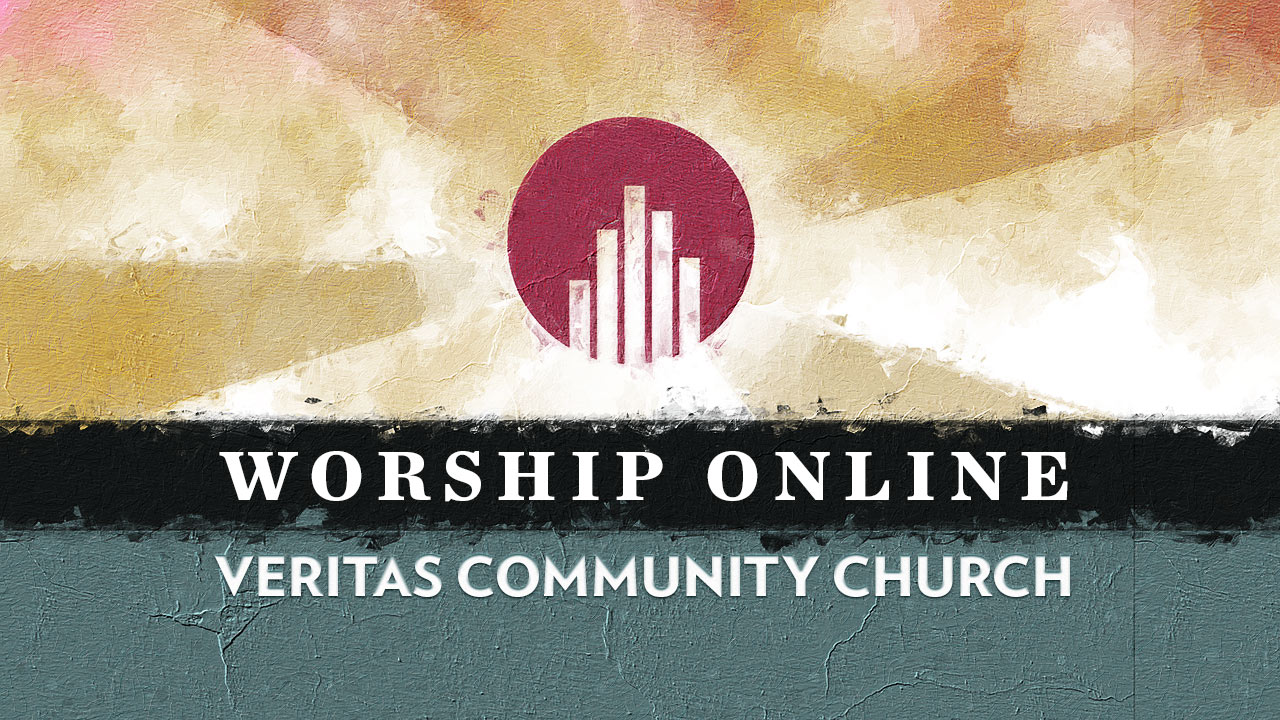
Tri-Village Sermon 9.3.17
Congregation: Tri-City
Series: Matthew - Oaths
Speaker: Brad Snyder
Scripture Text: Matthew 5:33-37
Big Picture Review: Read and review Matthew 5:1-20 as we think about where we are in the Sermon contextually and remember what Jesus has been saying up to this point.
***What would Jesus’ original hearers thought when they heard him say this?
***How does Jesus go about addressing the nature of true righteousness? Put another way, what is the focus of Jesus in the beatitudes? Does he deal with outward law-abiding, or something else/more?
***How would you (in your own words) explain to an unbeliever what Jesus cares about and what He means by “righteousness”?
***Where does righteousness originate, and what does it look like in the life of a believer?
Leaders: Jesus’ original hearers would likely have wondered how their righteousness could ever match, much less exceed, the Pharisees. But Jesus wanted them to realize that righteousness originates first with Himself, and is aimed at transforming their (our!) hearts. Perhaps take some time to re-read the beatitudes during this time and remind the group that Jesus isn’t preaching mere outward conformity, but rather an entire transformation of the inward being. And this is what the beatitudes are all about: getting at the heart and the soul and the will, from which springs Christ-planted roots of love and righteousness. This gracious truth comprises the framework we live within, and it’s a good place to start as we dive back into the Sermon on the Mount!
An exceeding righteousness is not when you can use words to excuse lies and justify deception, but when from the overflow of your heart’s worship, you speak truth and can be trusted! – Brad, from the sermon
The Issue: In the first part of Brad’s sermon, he described how one way we use our words wrongly is to cover for our actions; we use overstatement and understatement in order to justify why we failed to live up to our promises.
***What is there global result of spin, exaggeration, and over-used superlatives in our society?
***What suffers most words are over-hyped and blown out of proportion?
***How far does this problem extend? Is it something which characterizes only non-Christians?
***Describe what happens to the relationships in our lives when we fall into habitual exaggeration.
Leaders: Truth suffers and the weight of words goes away when we fail to be accurate in our speech. Our lives start to look false, and our actions are held in suspicion when they do not match our promises. The problem extends into the church and to each of us because we are all sinners who struggle with using words with accuracy. This is a reflection on our hearts, and manifests a desire to preserve outward obedience so that our inward lives are not brought to light.
Oaths and vows were supposed to root your words in something bigger than your circumstances and preferences… so that when things got difficult or when your desires changed you would remember your trust and hope in an unchanging God and know, I can be faithful because he is! – Brad, from the sermon
Continuing on this theme, the teachers of the law twisted God’s word to persevere an outward obedience to the law. They constructed a system to justify deception, so that if you swore by the temple you didn’t have to fulfill what you said, but if you swore by the gold in the temple then you were expected to follow through, and so on. Brad said that “Their attention was focused on how you made oaths rather than why you keep them.”
***How do we construct excuses to get us off the hook from something we promised?
***What does this sound like today?
***Why do we make commitments in deceitful ways, and why do we spin after the fact?
Leaders: How often we quickly come up with a way to justify our lack of coherence to promises. How many times do we say things like “I only planned to come”, having allowed ourselves wiggle-room when we never intended to come int he first place. Jesus is essentially saying that your words are worthless – you don’t have the power to keep your promises and you’re making promises that you don’t intend to keep.
Rather than creating a legalistic way to justify ourselves when we don’t do what we said. What Jesus calls us to is simply, be humble and honest with what we say in the first place. To not say yes because you don’t want to say that you aren’t sure, and to not say maybe because you just don’t want to say no! – Brad, from the sermon
Brad mentioned that the whole point of oaths was to separate the Jews from the general deception in their society. The world as a whole is fallen and broken, and we know that we are also fallen, and this is one reason we demand promises. Therefore this practice extends into the church, as we discussed earlier.
***CORE QUESTION: Why do we lie in the first place? What “lies” behind the lie?
*****What is the change Jesus is getting after here?
*****What role does pride play in the forming of our statements?
*****How is the life and the words of a Christian characterized in light of Jesus’ teaching?
***When are you most frequently tempted to exaggerate or lie?
Leaders: Jesus is emphasizing that you must mean what you say and say what you mean. He is taking the focus off your specific words, and getting us to examine the heart that is leading us to speak them. We most often lie to protect what we’re afraid of losing, or to get what we don’t yet have. Jesus knows this, and that is why he’s getting at the deeper heart issue here. Jesus wants us to speak in ways that are humble, for we don’t control all the ends and even most of the means of life. We must not pretend to control all things in our lives simply to make us look or feel good. We all lie for different reasons, but one thing is certain lying reflects the treasure of our hearts – what we value and hope in most.
Christ places great importance on the words we utter. They are the smoke that reveals the fire within, so to speak.
***With Christ placing so much importance on words as the reflection of our hearts, what does this tell us about the words of God (the Bible)?
***Are there places in God’s word where you have seen the reflection of His faithfulness and His heart for us?
What we really see is our problem with words, with oaths, and with lying, is actually a problem with worship. If the treasure of our hearts overflows to make our mouths speak, then what we see hear and what Jesus shows us through the whole Sermon on the Mount, is that we need new hearts! – Brad, from the sermon
Direction for Discipleship Conversations: For our discipleship with CG members and conversations with others, this section is a resource to guide our pursuit of making disciples. We must remember that oaths were meant to tell us that we are weak, but God is strong! That even though we fail, he is faithful! God is a God who always keeps his promises. Therefore, what will make us stick out in the world most is how we react/what we do when we fail. How have you reacted in the past? We most often lie to protect what we’re afraid of losing, or to get what we don’t yet have. When are you most frequently tempted to exaggerate or lie? Why? What does this reflect about what you value most?
It’s important to remember that while we are all sinners who will inevitably fail in our journey, our sin is not the last word. God’s grace has displaced our previous goals and life’s objective, and replaced them with the glorious truth that he saved us freely with no motivation based in our goodness but in His own character and plan. He has rooted our lives in Christ who cannot be uprooted, and who speaks a better word than all of our sinfulness. It is a reassuring truth to know that our salvation is rooted in Him and His promises, not in our words or promises! As one John Newton once said in amazement, “That I am still preserved in the way, in defiance of all that has arisen from within and from without to turn me aside, must be wholly ascribed to the same sovereignty (that saved him in the first place)!”



Comments are closed.